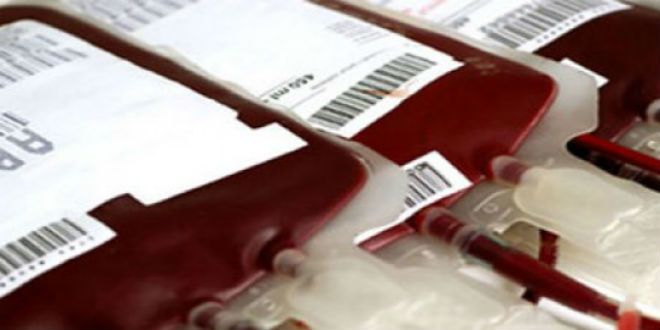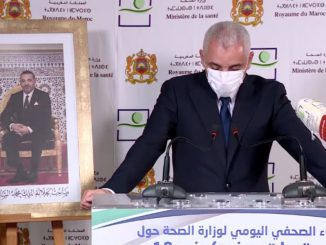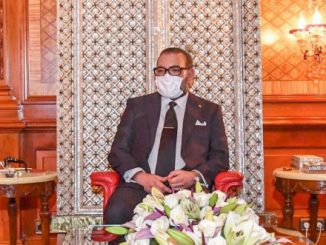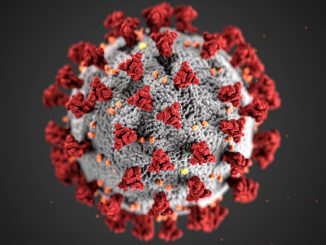
As a result of the preventive measures adopted to prevent the spread of the Coronavirus (Covid-19) pandemic, the flow of donors to blood transfusion centers at the national level has been remarkably reduced. This has led to a worrying decline in the strategic stocks of this vital material.
It is undeniable that fear of contamination and the significant increase in positive cases are discouraging citizens, including those who are accustomed to this act of generosity, from visiting these centers. The alarm bells are ringing all over the country, especially in Casablanca, the major metropolis, whose needs are increasing every day and whose stocks have reached critical levels.
Even though the numbers are small, young and old, men and women are waiting their turn at the Regional Blood Transfusion Centre (CRST) in the economic capital, the largest blood collection unit in the Casablanca-Settat region, to come and replenish the unit’s reserves. Meanwhile, others are waiting outside in the hope of obtaining a blood bag to save the life of a loved one.
At the other side of the center, doctors, nurses and administrators are working hard to ensure that operations run smoothly, as they can no longer hide the justified fear of a shortage.
In a statement to MAP, Dr. Hind Zajli, an official at the Casablanca CRST, said that blood donation operations have fallen drastically in recent times, as citizens are clearly afraid to go to hospitals because of Covid-19.
This situation coincides, unfortunately, with a high demand for this vital matter, she noted. She believes that this fear is unreasonable, as the center strictly enforces the safety measures imposed by the Ministry of Health, including the wearing of masks, social distancing and regular hand washing with soap, sterilization and the use of single-use equipment.
While donation is on a downward trend, demand has remained in the same proportions. Worse still, needs are increasing at this time of the year, when there is a steady increase in urgent cases in hospital units due to traffic accidents, which add to the daily needs of maternity and oncology wards. In Casablanca alone, there are no fewer than 600 hospital centers that need to be supplied with blood bags.
Despite a good number of initiatives launched by civil society and professional corporations, the deficit is far from being made up, Dr Zejli regretted. He pointed out that the Centre used to receive 200 to 300 donors a day, whereas today there are only an average of 50 volunteers a day, a fact that is further overshadowed by so-called “compensation” donations, i.e. for a family member.
In order to overcome this worrying situation, the management of the CRTS has set up mobile blood donation units at Place Maréchal in Sidi Othmane, in the El-Hank and Hay Hassani districts, as well as in the commune of Dar Bouazza, to encourage citizens to show their generosity.
“Every year, I don’t hesitate to go to the Centre to give my blood, which can save a person in danger. It’s a noble gesture of humanity. I encourage everyone to do the same to help people at risk of death,” said a regular donor as she was finishing the supply of a plasma bag.
Another donor briefly stated that he “has no doubt that this is a religious duty and an act of solidarity”. This may encourage other volunteers to visit Blood Transfusion Centers in large numbers and perhaps save lives!




Be the first to comment